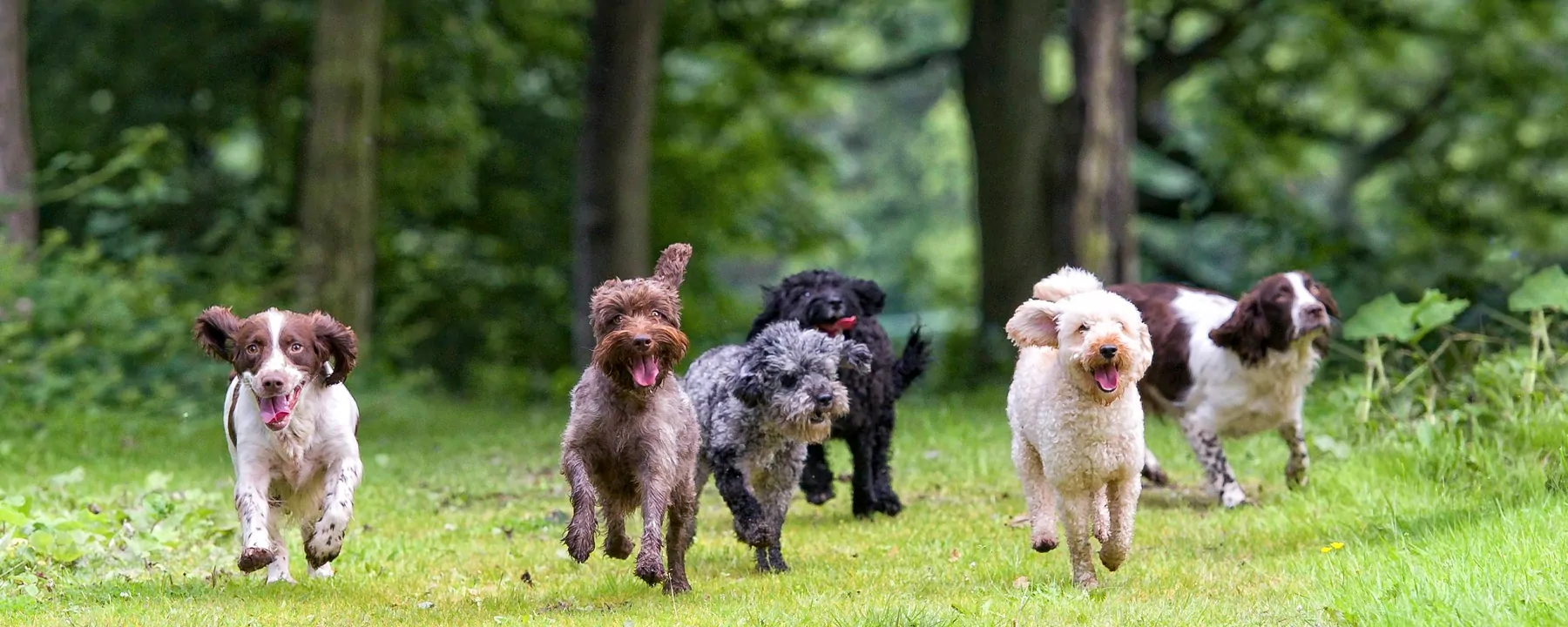Research finds that a canine’s way of behaving has close to nothing to do with its qualities.
Breeders and dog owners frequently discuss ways of behaving and characters that are probably well defined for different canine varieties. In any case, these famous generalizations are really unfortunate indicators of whether a little guy is cordial, reserved, or simple to prepare, as per another review distributed yesterday (April 28) in Science.
“There is an immense measure of conduct variety in each variety, and by the day’s end, each canine truly is an individual,” concentrate on coauthor and University of Massachusetts geneticist Elinor Karlsson tells the Associated Press.
Karlsson advises the AP that pet people’s excitement to discuss their pet’s characters motivated her most recent investigation into canine way of behaving. She was interested about the degree to which standards of conduct are acquired, and how much a canine’s variety is related with unmistakable and unsurprising ways of behaving.
The specialists incorporated a huge dataset of physical and conduct depictions given by in excess of 18,000 canine proprietors and afterward sequenced the genomes of 2,155 of their canines to decide if a canine’s hereditary qualities impacted its standards of conduct. To the specialists’ shock, they found that breed represents just 9% of the varieties in a canine’s way of behaving. Likewise, no ways of behaving were limited to just a single variety, reports The New York Times. Overall, canine varieties vary in conduct, however there’s a ton of variety inside breeds, Adam Boyko, a canine geneticist at Cornell University who was not engaged with the review, tells Science News.
It is not necessarily the case that the variety can’t foresee a few things, Karlsson tells the Times. The review proposes that a few varieties are bound to show specific ways of behaving. For instance, line collies are bound to be keen on toys and will probably be more straightforward to prepare than different varieties. In any case, this isn’t without exemptions — inside breeds, individual ways of behaving differ broadly. A few varieties, similar to huskies and beagles, show a more noteworthy propensity to wail, however large numbers of the individuals from the two varieties don’t. Concentrate on coauthor Kathryn Lord, a transformative scholar at the University of Massachusetts, lets the AP know that they even discovered a few brilliant retrievers that don’t recover. The specialists additionally noticed that they couldn’t connect forceful way of behaving to a specific variety or a particular hereditary mark.
See “The Extinct Species Within”
At the point when the analysts looked across canines in their review, they tracked down that a few characteristics — including conduct qualities, like friendliness — are firmly acquired, despite the fact that they’re not breed-explicit. The specialists let the Times know that this probably implies that a great deal of canine ways of behaving originate before present day reproducing, which traces all the way back to the nineteenth 100 years, prior to rearing became zeroed in essentially on actual qualities. The scientists recommend that proprietors might need to look past variety while picking their next pet.
